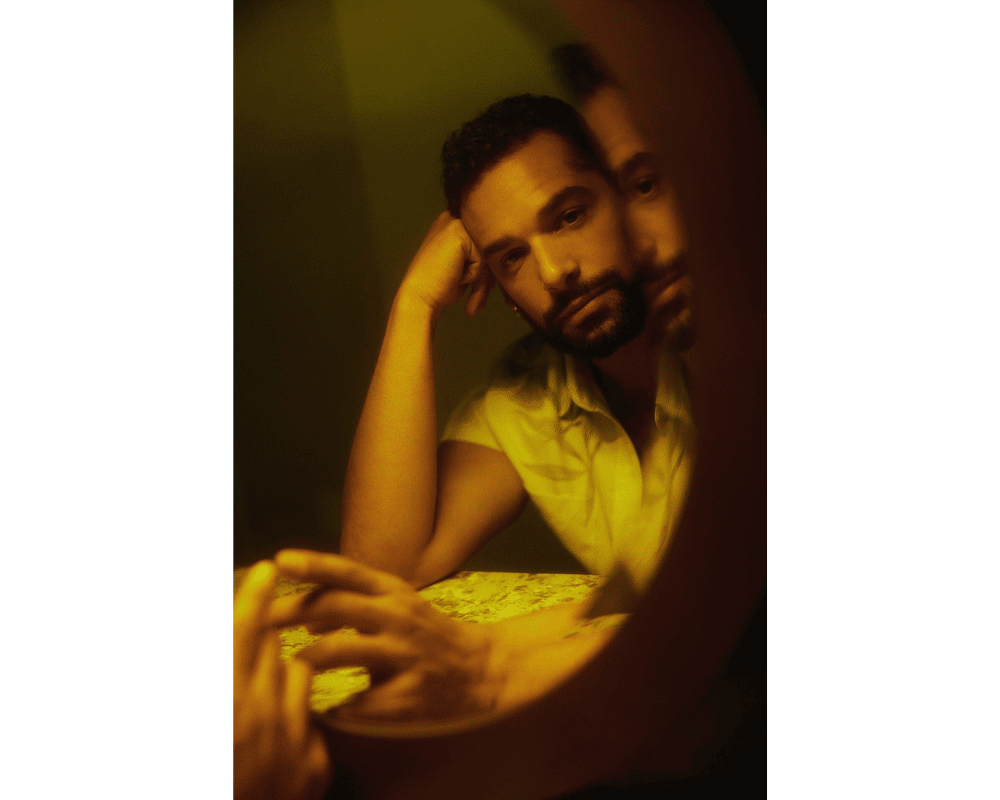Johnny Sibilly is achieving what so many actors set our to attain, using his talent to tell stories that matter about his community.
His latest project is the reimagining of the 1999 series ‘Queer as Folk’, which follows the lives of a group of LGBTQ+ friends in New Orleans after they’re caught up a nightclub mass shooting. The tragedy that kicks of the series is based on the Pulse nightclub massacre in Orlando, Florida, where 49 people were shot dead in June 2016, six years ago this week.
It’s an uncompromising start to a show that covers the highs and lows of the LGBTQ+ experience, and challenges viewers to consider serious issues of trauma and discrimination alongside the more soapy shenanigans, and a sizable serving of sex.
Johnny plays Noah, a lawyer who is not as put together as he seems, in the Peacock show which brings a more diverse selection of sexual and gender identities to the screen than the groundbreaking 1999 original, which was created by the legendary screenwriter Russell T Davies, and first aired on Channel 4 in the UK.
Previously, Johnny starred in the trans-focused FX series ‘Pose’. He’s also a regular alongside Jean Smart in the super-sharp HBO comedy ‘Hacks’.
It’s a promising time for LGBTQ+ stories, with ‘It’s a Sin’, also written by Davies and about the HIV crisis in 1980s London, among last year’s best shows, while Netflix’s high school dramedy ‘Heartstopper’, focusing on the romance of two teenage boys, is among the most talked-about series of this year so far, and an absolute delight.
Here Johnny talks to Mr Feelgood about the progress being made in LGBTQ+ storytelling, and balancing the joys and challenges of the community in ‘Queer as Folk’.
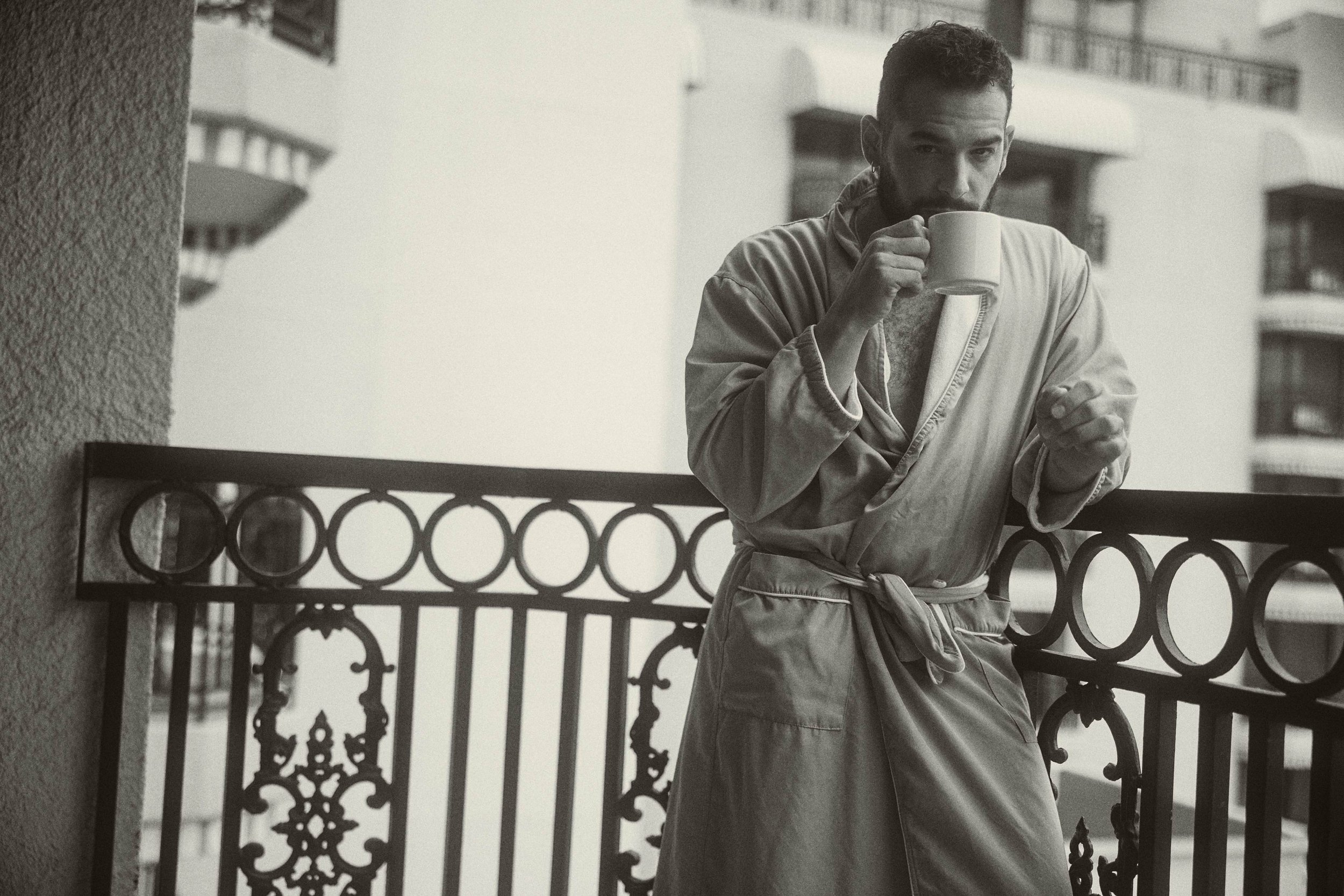
I was surprised about how hard-hitting the first episode of ‘Queer as Folk’ was, although there are plenty of fun moments too. Do you think mixing that trauma and joy was central to telling the stories of these characters?
For me, you can’t talk about the queer experience without talking about both the downsides and the joys of being queer. To tell fully-rounded stories about queer people, you have to talk about what it is that we go through. When I’m consuming media, a lot of times I don’t want to see the tragedy and the trauma, but as an actor and an artist, it’s important that we talk about the hard issues.
I totally understand that the shooting in the first episode takes people by surprise, and there’s a need for a trigger warning. I’m not saying all queer shows should have to relive trauma. But it is important that we discuss these things because the more we don’t discuss them, the more things like this continue to happen. And we all know from years and years of history that art is one of the best ways to get through to people.
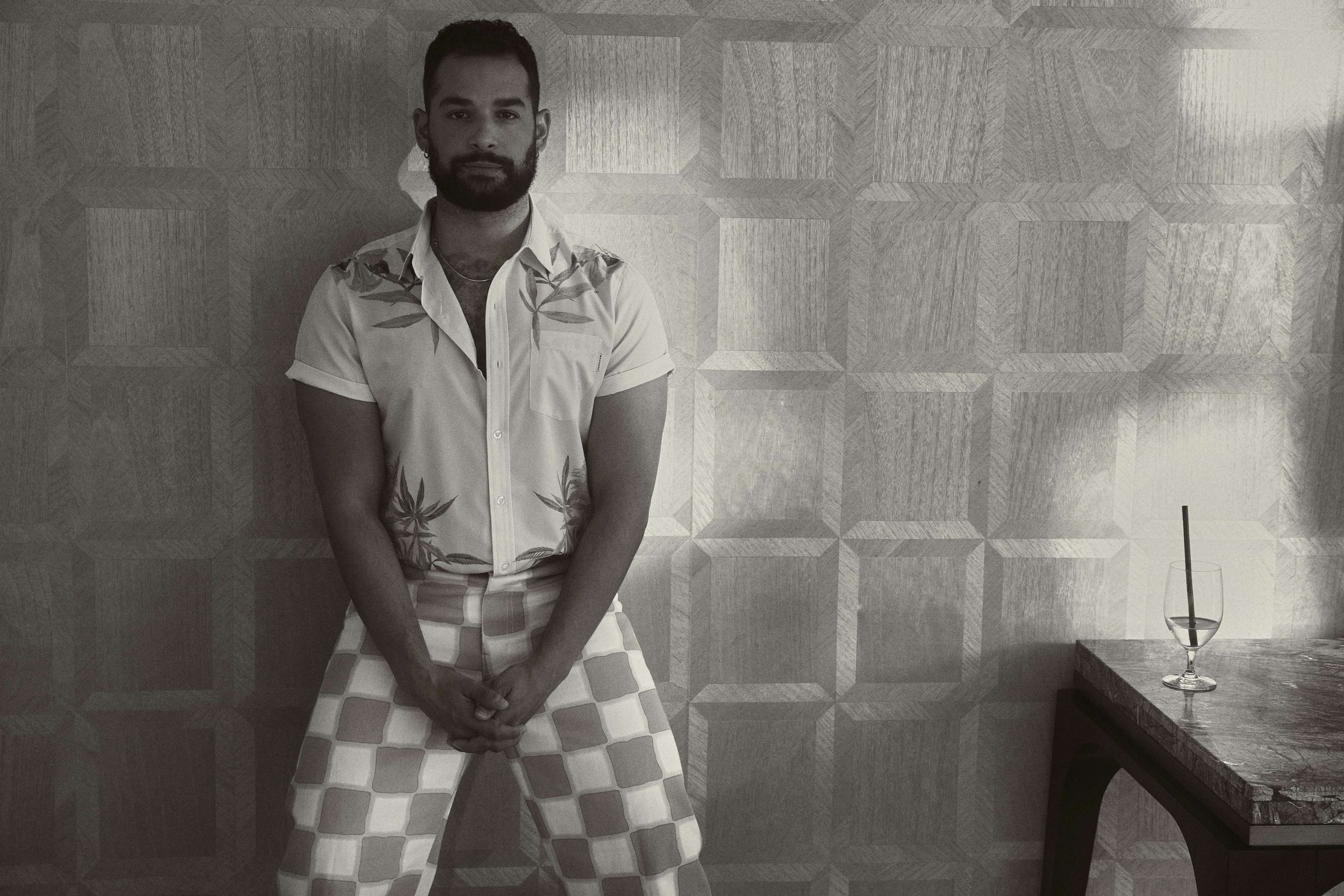
Absolutely. And it can also honor the victims, if handled correctly. Have you had any communication with survivors or victims’ families from the Pulse shooting?
One of the consultants on the show was a survivor from Pulse. We spoke about depicting what everyone went through in a way that is respectful, but also very true to life. Unfortunately, something like the Pulse shooting gets talked about by the general public once a year. And the more that we hide from it, the more it gets forgotten as years go by. So when I spoke to him, he was grateful to be a part of it, and to be asked about what he felt would be respectful. No story is perfect. But being able to speak to him, and get his blessing of sorts, was really important.
There have been a lot of people who have survived and been touched by that tragedy, so not everybody will agree. When it comes to grief and tragedy, we can’t paint everyone with one broad brush. And I hope that’s what ‘Queer as Folk’ also shows, that none of these characters that are surviving this are experiencing their healing in the same way. Healing isn’t linear. There are people that can’t talk about it still, and that’s something to honor as well.
‘It’s a Sin’ was probably the best new show I watched last year, and ‘Heartstopper’ is probably the show I’ve enjoyed most so far this year. These are both LGBTQ+ stories that have connected with so many people, and there are many more. Do you think it’s a sign of progress being made?
Yeah, it’s important that we have shows like ‘Heartstopper’, because they’re not centered around tragedy. And it’s important that we’re telling more queer stories in more nuanced ways, so there’s something for everyone, and that’s certainly progress. If you take ‘Heartstopper’, it is a queer story, but liking someone in school and not knowing how to navigate those feelings, that’s also very universal. I also really love that ‘Heartstopper’ is a queer story, but it’s not centered around sex. If I had that as a kid, maybe it would have helped me navigate who I was a little more safely. Because when I was growing up, the only way you really found out about queerness is through watching shows like the original ‘Queer As Folk’ when I was 12, which I probably shouldn’t have, or going on the internet which can be a really unsafe place for someone of that age. So a show like ‘Heartstopper’ could be saving young people from going down roads that they shouldn’t be going down. And with a show like ‘Queer as Folk’, we’re showing the complexities of being queer, rather than just one note.
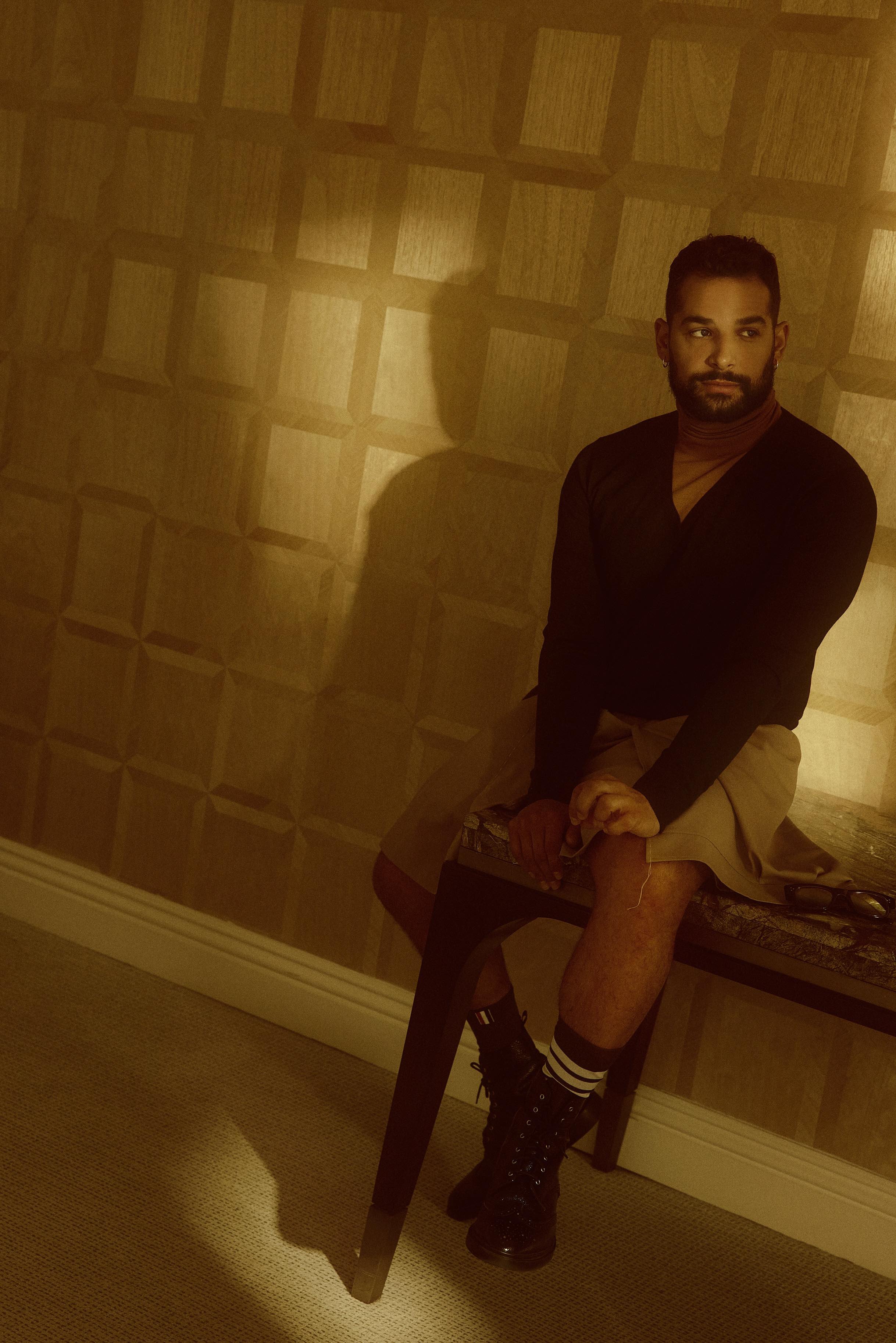
I read in another interview that you don’t mind only being cast in gay roles, and actually that’s something that you want to embrace, because it’s so important for you to tell these stories. Is that fair?
As an actor, I’d like to play everything. Hamlet, all the things. But for me, because there’s such an influx of queer storytelling happening, if my only roles were queer roles, I would feel so satiated, because that means there are enough queer characters being written for me to play and be excited about. So that’s something I would never want to shy away from.
In the original version of ‘Queer as Folk’ it focused more on gay men, and this time round it’s a more diverse group of friends. Tell me about how the community and landscape has changed since the original came out in 1999.
When you say the word queer, it encompasses a lot more identities than just gay men. And it always has. It’s just now we have an opportunity, because of a broader media landscape, to tell stories that back in 1999 weren’t visible to a lot of people. So thankfully, due to all the activism that has happened, you can now see a queer world that looks more like the one that actually exists. I read somewhere that someone who watched the show said, ‘This isn’t what my friendship group looks like.’ Well that’s telling, because a lot of times we don’t look outside of people that look like us, or have the same jobs as us. But there are communities out there that look exactly like the ones we’re showing on ‘Queer as Folk.’
And I feel like the show really mirrors what we go through as a community. When we’re at our highest heights, that’s when they come for us. So in the show, we’re in this moment of joy where everyone’s enjoying the drag show, and then in comes this evil person, and that is a reflection of what happens in the queer community. Like when we get marriage equality, then you have someone like Donald Trump come along. Every time the pendulum swings, someone knocks it back the other way.
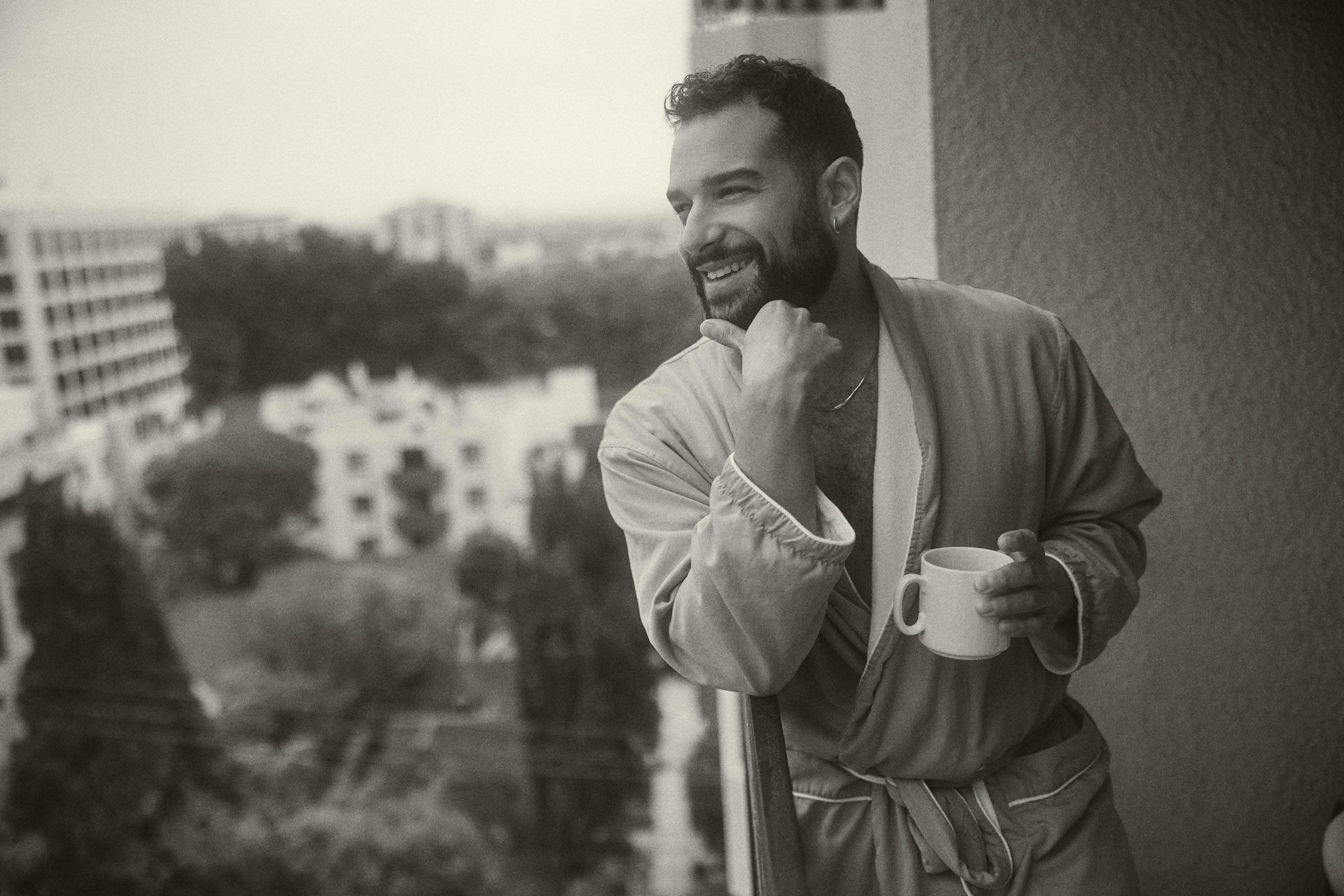
What about the word ‘queer’, because as a straight guy who wants to be aware and respectful, that’s a word that I thought I shouldn’t use. But it’s now being embraced as a really joyous word. What are your thoughts on that?
It is interesting. Because even the ‘f-word’, I think we reclaim that a lot on the show and in the community. I’m very much about reclaiming things that once hurt you. It’s all about the intention behind using the word. It’s funny, my last name is Sibilly, and growing up people used to call me ‘silly billy’, and it hurt my feelings. But now it’s the name of my production company. I’m into turning lemons into lemonade.
To finish, we’re called Mr Feelgood, and we like to learn about things that can help our community lead a happier life. Can you tell me about what brings you happiness in your life, and what do you do to ensure that you show up each day with your best foot forward?
This might not be the usual response, but being alone is my feelgood place. It’s where I have my most thought-out conversations with self. I had an acting coach years ago that would say, ‘If you can sit in the bath alone with your thoughts for 30 minutes and not feel like you’re going crazy, you’re doing okay.’ So I would practice being with self. Because a lot of times, especially for queer people, when you’re alone, you’re like, ‘Oh, gosh, I hear my thoughts again, and I don’t want to be with them.’ But I think you should train yourself to be with self, and to do the things you enjoy, whether that’s just to get a coffee or to take a walk outside. It’s really the simple things that make me feel the most joy. But I love to go out dancing, too. It’s good to have a balance. Dancing is my go-to thing when it comes to just letting things out. Being in the joy of just moving your body is so fun.
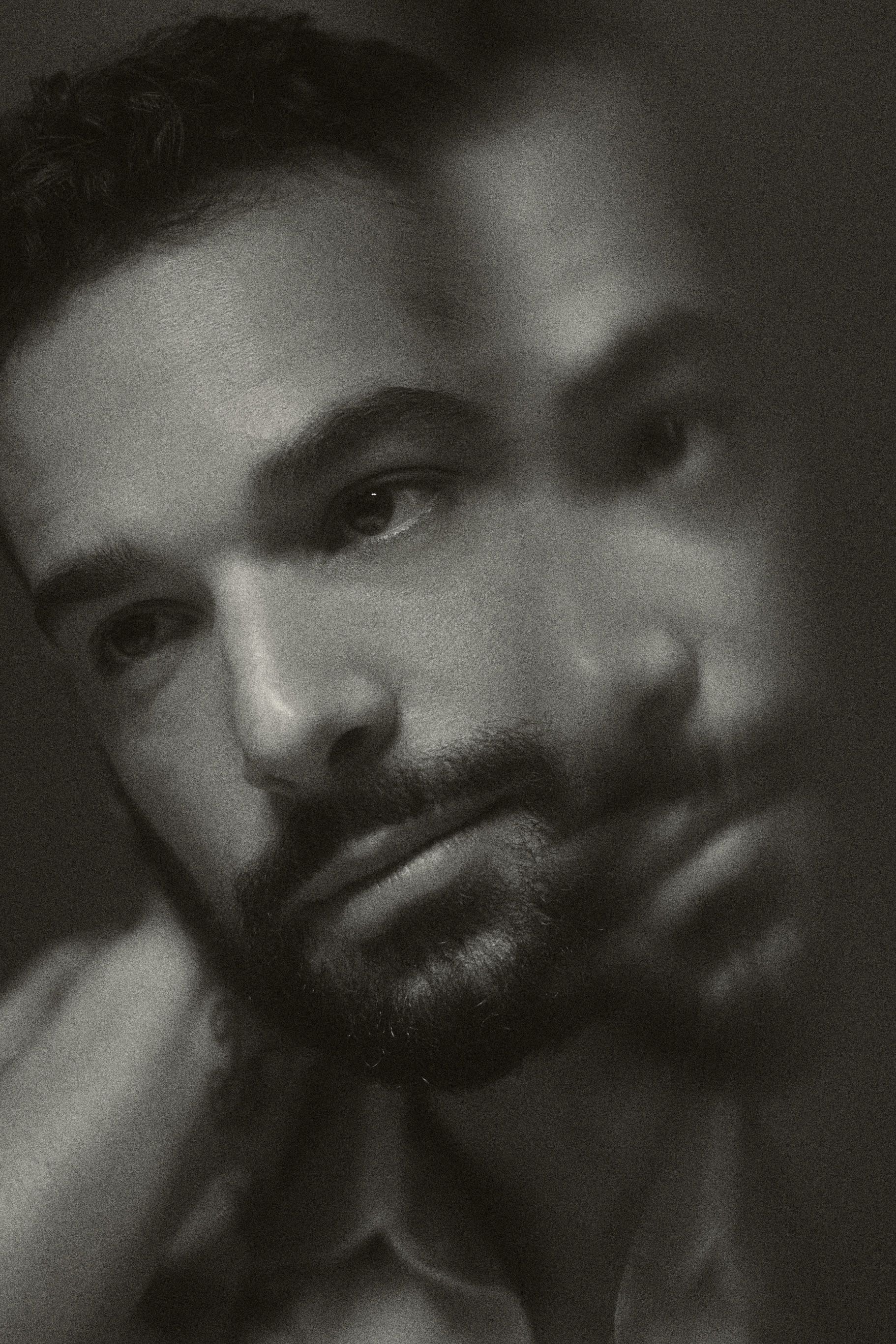
Queer as Folk is streaming now on Peacock
Styling by Adam Ballheim
Grooming by Annette Chaisson for Exclusive Artists


